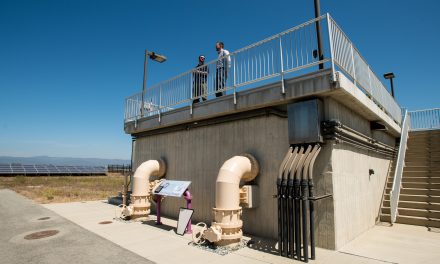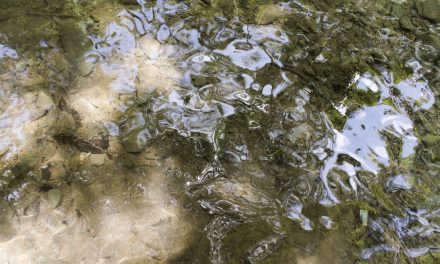Wildfires of unprecedented magnitude and severity have increased in frequency in recent decades, raising concerns about their effects on water. On August 25, Canadian Water Network and the Water Research Foundation released a new report examining the state of knowledge around this subject and the potential for mitigating the negative impact these wildfires can have on water supplies.
Forested regions account for a substantial proportion of North American source watersheds. Natural disturbances to forests by wildfire, such as those burning in the Northwest Territories, can adversely affect water supply, water quality, and stream health for years, or even decades. These effects also can be felt much farther downstream at larger basin scales, increasing the likelihood that drinking water treatment processes will be affected.
Precipitation magnitude and timing drive changes in water quality after a fire, and can make those changes difficult to predict. Additionally, water treatment plants and processes are not always equipped to treat the range of source water quality changes resulting from fires, such as increases in turbidity, dissolved organic carbon, heavy metals, and more.
The report, “Wildfire Impacts on Water Supplies and the Potential for Mitigation,” lays the groundwork to fill research gaps related to water quality, the vulnerability of municipal water utilities to wildfires, and the efficacy of mitigation measures to protect source water. The findings outlined in this report were gathered during a 2-day experts workshop in Kananaskis, Alberta featuring 30 leading scientists and practitioners from the U.S., Canada, and around the world.





